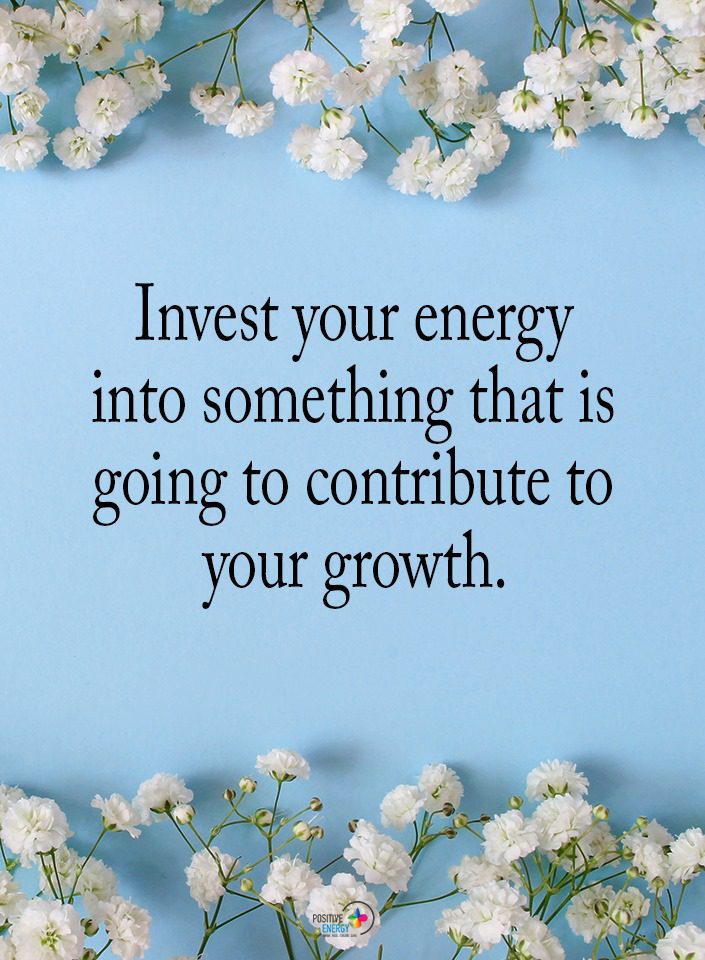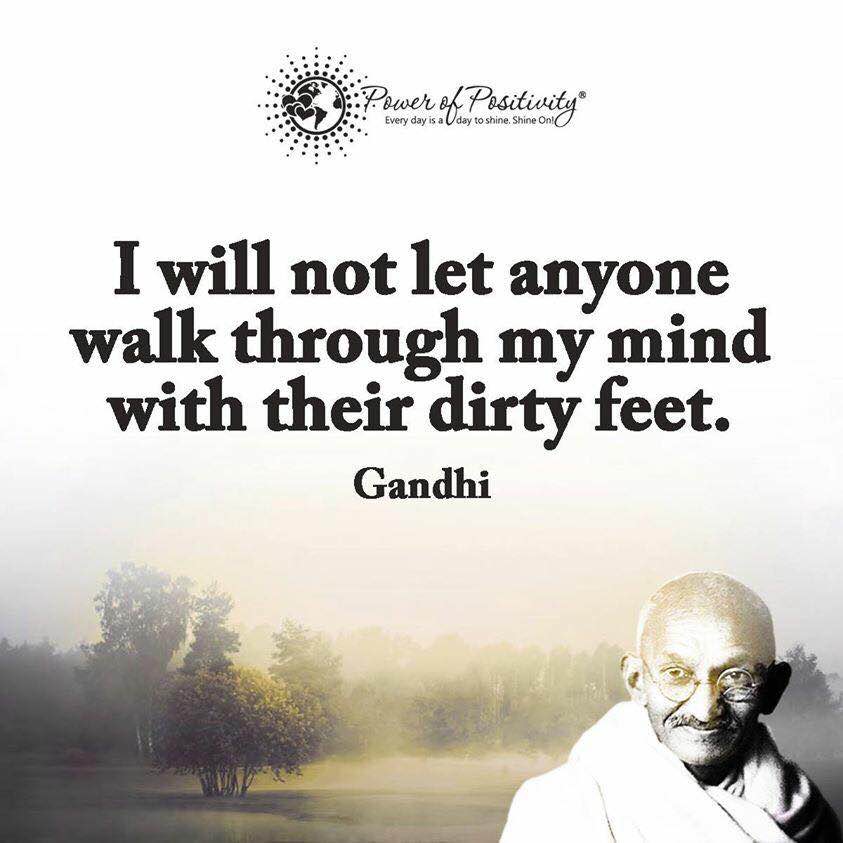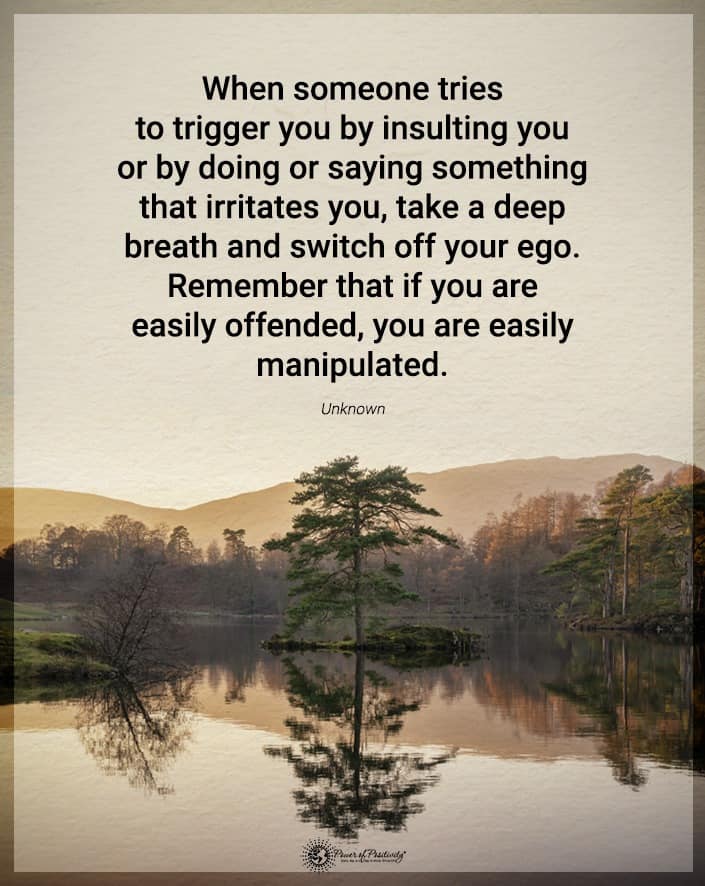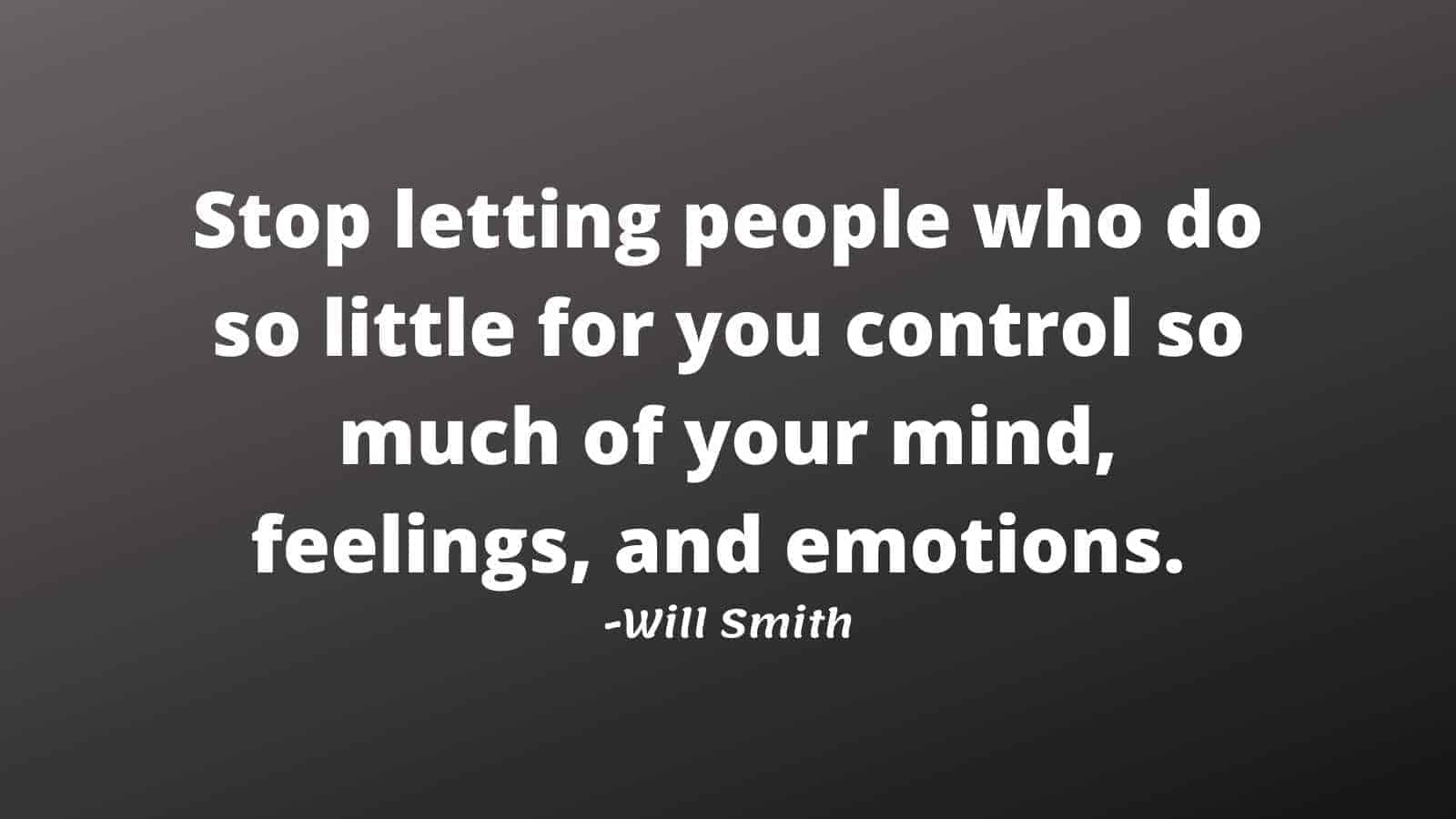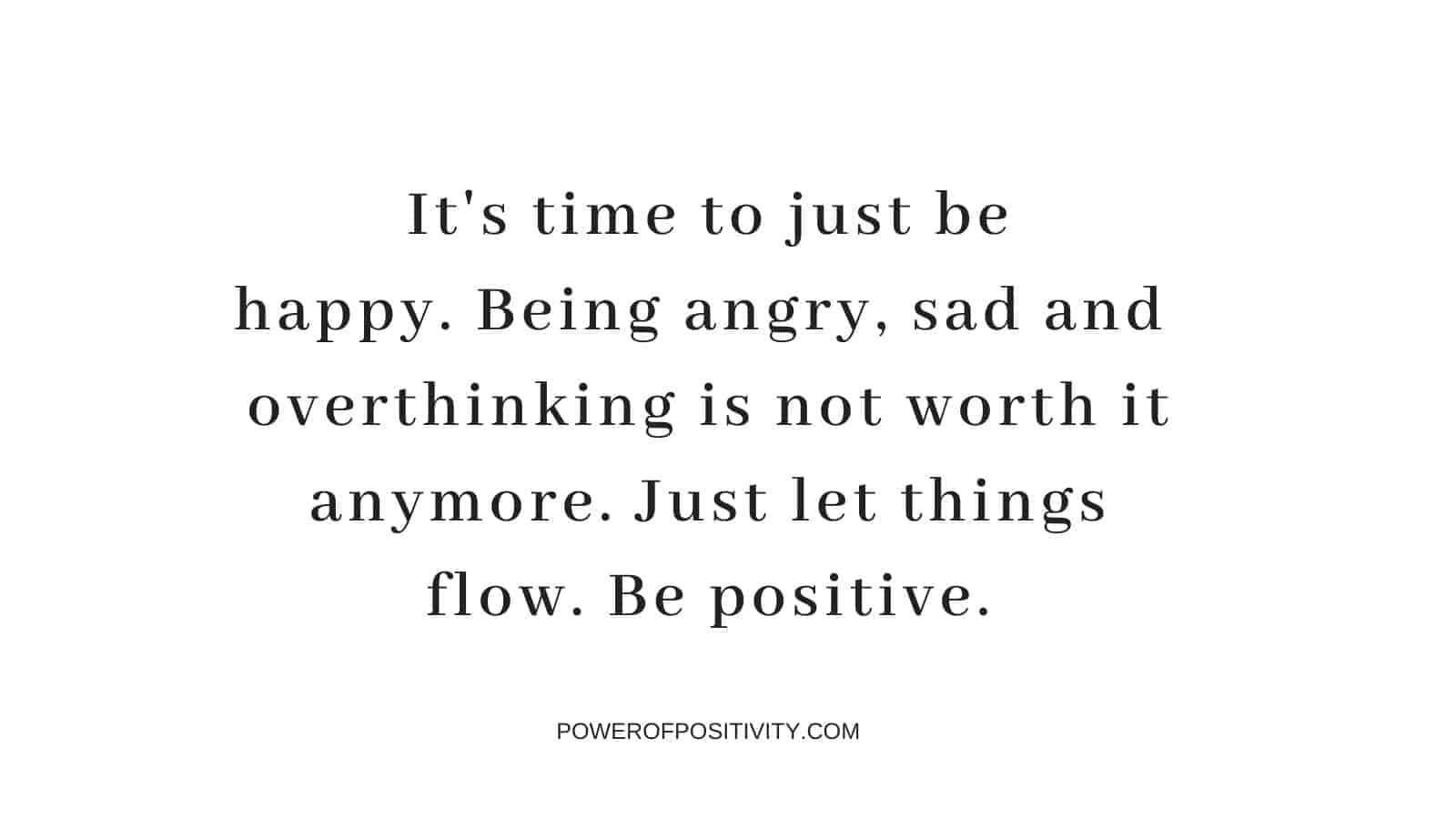It seems as if we spend so much time filling our days with activities that finding downtime and time to be alone is fleeting.
Some people feel guilty when they are alone. On the other hand, some don’t like being alone. Still, others think being alone is the same as being lonely. But being alone is necessary for our personal growth and development.
Being alone and being lonely are two different things. Being alone is something we do to fuel our soul and energize our life while being lonely is living a life that disconnects us from others. One fosters personal growth, and the other keeps us stuck.
We’re so busy scheduling our days that finding time to be alone can be a struggle. And it’s not just adults that need alone time. It’s our children too. A study authored by expert Reed W. Larson showed, “Adolescents … who spent an intermediate amount of their time alone were better adjusted than those who spent little or a great deal of time alone.”
Any activity you can do with others, you can do alone. We are so used to inviting friends and families on our outings that we rarely allow ourselves to do things ourselves. Be spontaneous, and the next time there is a desire to go to the movies, out to dinner, or even do some shopping, opt to do it alone.
It might seem odd at first, and that’s okay. Suppose we allow ourselves to observe and process what is happening without judgment. In that case, we will gain a critical perspective and some valuable information to help us understand our needs and wants.
There is a movement in the world highlighting the importance of slowing down and enjoying the moment. There is no better way to slow down and become more mindful of the world around you than spend some time alone.
9 Reasons Being Alone is Good For Your Soul
Are you not convinced? There are plenty of reasons why spending time alone is good for us. First, it forces us to slow down and become more observant. Here are a few more.
1. It clears the mind.
There is a lot of chatter in our lives. The media, our colleagues, friends, and family all contribute to how we form our opinions by expressing theirs. When we take the time to be alone, we can clear our minds of all the noise and allow our inner voice to become apparent.
2. It fosters creativity.
Creativity happens when our mind is free to explore and wander. There aren’t competing thoughts and agendas when we are alone, which allows our minds the freedom to take a journey based on true inspiration.
3. It builds confidence.
Confidence is hard to build with so many outside influences. Being alone allows us to develop our authentic voice based on our values. This voice becomes more assertive and steadfast when we are firmly planted in what matters most to us, not those around us.
4. It encourages independence.
Being comfortable thinking and acting independently of our support network is the key to living our best life. When we spend time alone, we can dream and create goals that allow us to evolve independently of others.
5. It clarifies perceptions.
The perceptions we have come to life based on our experiences and emotions at the moment. When we take the time to remove ourselves from experience and spend time alone processing the events free from the feeling and influence, we gain clarity around the judgments we initially made.
6. It diminishes stress and anxiety.
Stress and anxiety occur because of outside expectations. The importance of those expectations becomes less urgent if we can put some perspective on them, which happens when we spend time alone.
7. It establishes priorities.
It’s vital that we continually assess what’s important to us. The best way to get to know ourselves and what matters most is to spend time alone. Without the competing priorities of everyone around us, we can get honest with ourselves and our true passions.
8. It boosts productivity.
When we’re alone and able to get clear on our dreams, goals, and priorities, excitement bubbles. That excitement is the motivation that propels us into specific actions to support those goals and priorities. It makes us eager to work and gives us the energy to do the things that keep our big plan.
9. It strengthens relationships.
Believe it or not, spending time alone supports and strengthens the relationships with the people most matter to us. When we have the time to understand and value ourselves, we can better understand and respect others.
7 Activities When It’s Time For Being Alone

1. Meditate
It provides the perfect opportunity to go within when you have some downtime. Meditation creates a pathway from the little self to the Infinite, where you can honestly know yourself. Various cultures and religions have practiced meditation for millennia to realize their true nature. Although the ultimate goal of meditation is enlightenment or freedom from the cycle of birth and death, you can also enjoy other benefits.
Just a few of the reasons to meditate include:
- Lowering heart rate and blood pressure
- Reducing stress, anxiety, and depression
- Fostering patience and kindness
- Being mindful
- Eliminating negative emotions
- Gaining insight and perspective on your life
- Enhancing love and compassion for yourself and others
- Improving sleep quality
2. Go For Walks in Nature
Being alone also lets you reconnect with nature while enjoying your own company. Living in a busy city can make you feel out of touch with the rhythms of life. However, being immersed in the natural world reminds you that you’re a small part of a larger picture. We tend to forget that we’re fragments of consciousness in the daily life’s hustle and bustle.
Walking in the woods and hearing the wildlife or rushing streams helps you feel grounded. Seeing this natural beauty and wonder around you fosters a deeper appreciation for life. Studies show that people who spend at least 2 hours per week in nature have lower stress, a calmer nervous system, and improved mood. They also tend to have better self-esteem and overall health.
As long as you feel safe, exploring nature alone allows you to leave the world’s stresses behind. You don’t have to worry about keeping up a conversation or tending to others’ needs for once. At the moment, it’s just you and nature, and there’s nothing more beautiful than that.
3. Harness Your Creativity With Coloring
Studies have shown that adult coloring books can help people destress while providing a creative outlet. It gets you out of your head and focuses entirely on the activity. Unlike other modern recreation such as video games or online chatting, coloring evokes peace and relaxation.
It’s also not as stimulating as being on a smartphone, which most people use to stave boredom or anxiety. However, next time you need to let off some steam, bring out the colors and create a masterpiece instead. Being alone doesn’t mean feeling lonely, as long as you fill the time with activities you enjoy. Plus, coloring allows you to feel like a kid again and leave the worries of adulthood behind for a bit.
4. Being Alone Offers Time To Reflect
We tend to lose sight of our true selves throughout our lives since we’re so busy with responsibilities. At some point, we begin to feel lost and unsatisfied with this whole human experience. Where can we turn to for insight and direction? Luckily, you have a portable paradise waiting inside you. Being alone allows you to go within and tune back into your true nature.
We come into this world as nothing but love and peace, but the outer world makes us forget ourselves. Being alone doesn’t mean you don’t care about others, but you need this time to recharge and rediscover yourself. So, don’t feel guilty about turning off your phone and just decompressing from the demands of life. We only have so much energy to give, and leaving some for yourself is vital.
5. Practice Self-Care
Other activities you can enjoy while being alone include taking a warm bath, stretching, burning incense, or anything else that makes you feel relaxed. We all have a routine for self-care, and it looks different for everyone. No matter what you choose, research shows that taking time for yourself boosts mental and physical well-being.
Some other ideas for self-care include:
- aromatherapy
- regular exercise
- at-home spa days
- taking a nap
- making a healthy meal
- breathing exercises
- practicing gratitude
- walking in nature
- journaling
- yoga
6. Cook a Delicious Meal
Another way to be alone is to make the most of being isolated by whipping up your favorite dish. Just because you don’t have others to cook for doesn’t mean you should skimp on dinner. Go ahead and make that steak you’ve been craving or the pasta dish you saw on Instagram the other day. You deserve it! A warm, hearty meal will lift your spirits and make you feel accomplished simultaneously.
7. Read Your Favorite Book
If you need an escape from adulting for a while, why not read that book you’ve had on your nightstand? Perhaps you haven’t had time to crack it open with adult responsibilities, but a day off work provides the perfect opportunity.
You know the joys of being alone if you’re a bookworm since you finally get some peace. There’s no one reminding you of deadlines or demanding something from you. You can be for a while and immerse yourself in a fantasy world beyond your wildest imagination.
As a child, many of us looked forward to curling up with our favorite book after a long school day. Maybe we should bring back that pastime and turn off Netflix for an evening or two in our adult years.
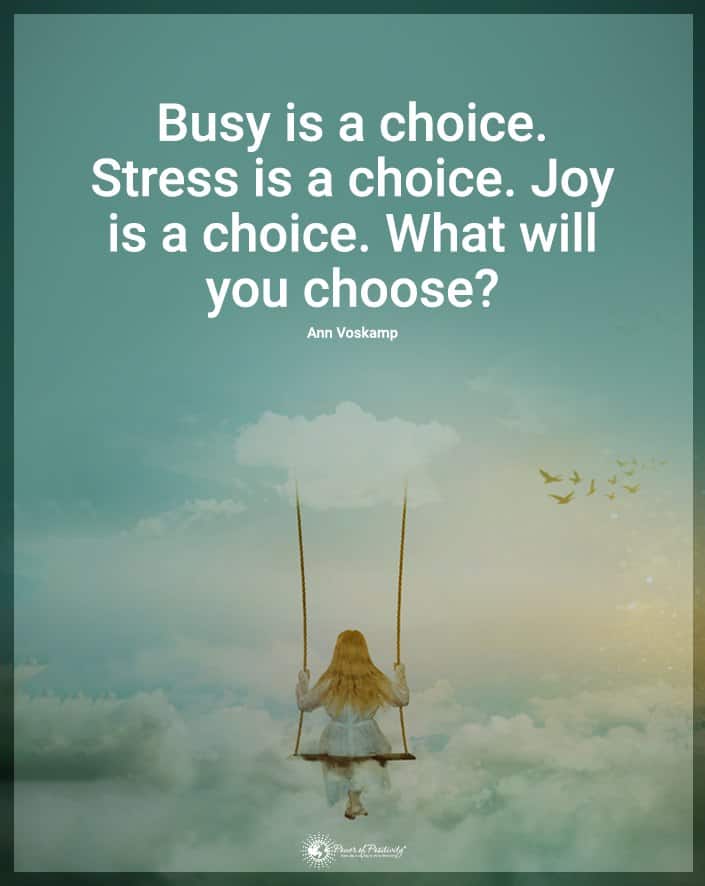
Final Thoughts on the Importance of Being Alone
There are two camps of people when it comes to being alone: those who love it and those who can’t stand it. Typically, extroverts despise alone time, while introverts can’t get enough of it. No matter your personality, everyone can benefit from solitude every so often. The world demands so much of us nowadays that we can quickly lose our connection with ourselves.
Being alone allows you to re-establish that connection through meditation, yoga, nature walks, or other activities. So, put your phone on silent and leave the world behind on your next day off. It’s all about you, so make the most of it!

